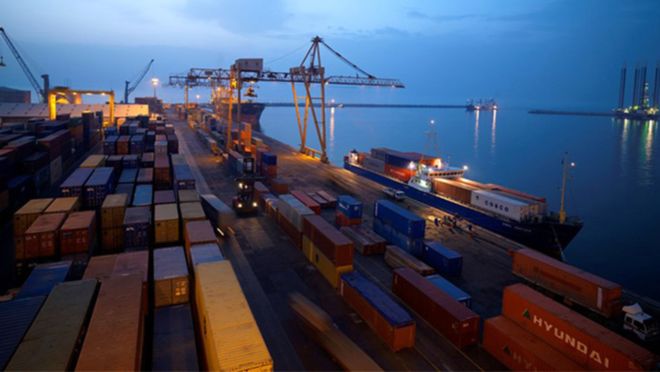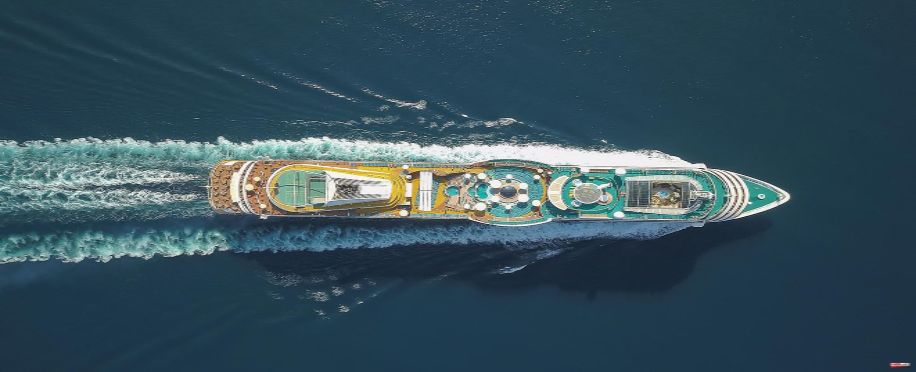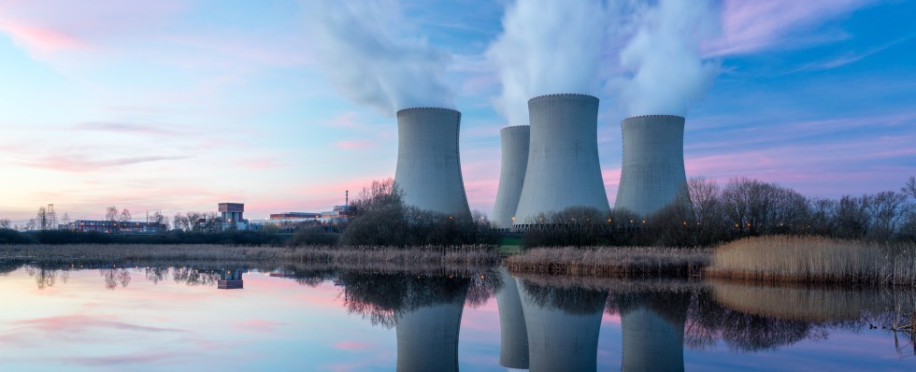Samsung Heavy Industries Launches Autonomous Ship Prototype to Drive Maritime Innovation
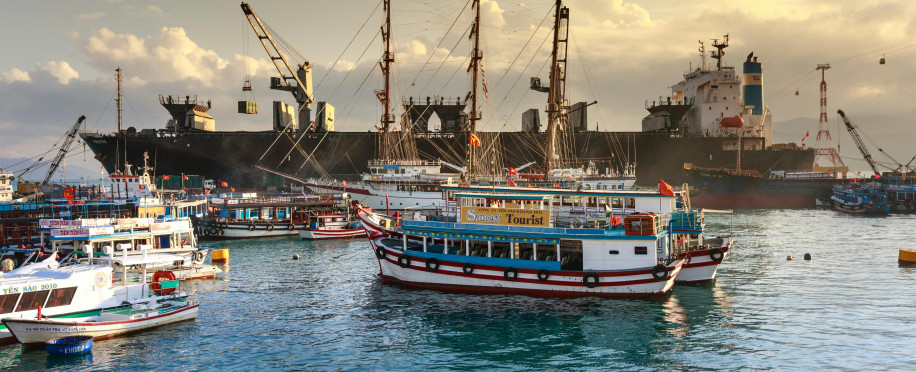
Posted on Nov 29, 2024 at 09:11 PM
Samsung Heavy Industries (SHI) has unveiled the “SHIFT-Auto,” a state-of-the-art autonomous research vessel with a mission-based design.
Notably, this entirely automated battleship launched on November 21, 2024.
Attendees included Choi Sung-an, CEO of SHI, representatives from top classification societies, and officials from the Ministry of Trade, Industry, and Energy (MOTIE).
The Demonstration Cruise: SHIFT-Auto's Trial
Samsung Heavy Industries CEO Choi Sung-an, ministry officials, and members of the classification society took part in a demonstration cruise in Gohyeon Bay off Geoje Island to examine the vessel's autonomous capabilities.
Moreover, the ministry announced that HD Hyundai Heavy Industries can begin autonomous system testing on an 8,000-TEU container vessel this month, enabling SHIFT-Auto's trials.
“With President-elect Trump recently expressing interest in shipbuilding cooperation with Korea, autonomous vessels could become a potential area for collaboration,” said Lee Seung-ryeol, director of industrial strategy at the Ministry of Trade, Industry, and Energy. “The government will continue supporting the development and commercialisation of advanced autonomous navigation technologies.”
By combining AI and IoT technologies, Samsung Heavy Industries hopes to turn ships into integrated autonomous navigation platforms that can perform mission-based operations, docking, undocking, and anchoring without the assistance of crew members.
Meanwhile, the Ministry of Oceans and Fisheries and the Industry Ministry of Korea developed an autonomous ship system that started testing on a 1,800-TEU container ship in September.
SHIFT-Auto: The First Self-Driving Catamaran
The SHIFT-Auto is a 12-passenger catamaran specifically built for autonomous navigation research. Due to its dual-hull design, which reduces vibration and improves stability, it is a perfect platform for testing advanced autonomous technology.
Installed on board, Samsung Electronics' SmartThings IoT technology enables real-time data collection and analysis to ensure stable, flawless operation.
During the event, attendees experienced board SHIFT-Auto and received a close-up look at its autonomous features. This was more than just a simple presentation. They viewed the ship's sophisticated aptitudes that set it apart from earlier autonomous vessels, including automated berthing and voice-activated control.
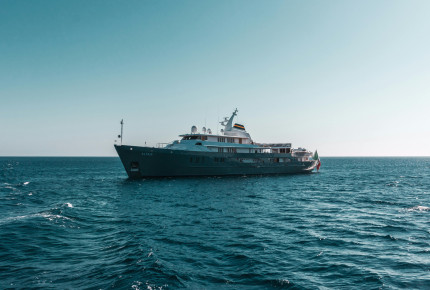
Utilising Autonomous Navigation Technology
The debut of SHIFT-Auto expands on SHI's earlier achievements with self-governing ships. An Evergreen container ship travelled 1,500 km across the South China Sea last year, and the training ship “Segero” from Mokpo National Maritime University travelled 2,800 kilometres via the Philippine route.
These experiments demonstrated that autonomous navigation technology is prepared for practical application.
Besides, companies like SHI can test and showcase new technologies in a “regulatory sandbox” established by the government before the laws are fully implemented and scheduled to happen in January 2025.
In short, MOTIE has promised to keep funding these experiments to influence the direction of autonomous ships in the future. Further, Hanwha Ocean and Hyundai Heavy Industries are two more South Korean shipbuilders that are demonstrating autonomous vessels.
Read more news:
